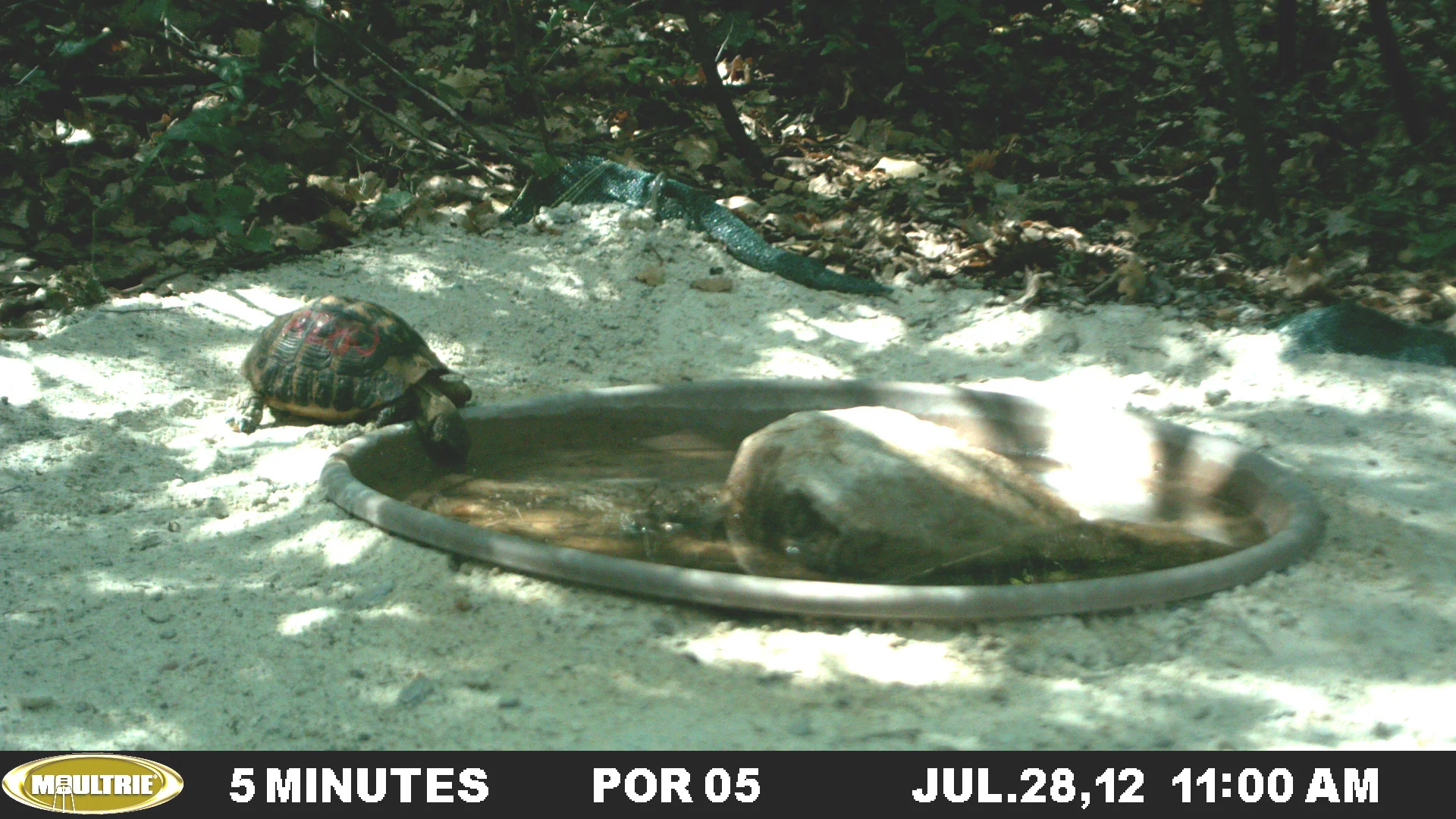According to this good maxim
The Station d’Observation et de Protection des Tortues et de leur Milieu: SOPTOM (or Station for the Observation and Protection of Tortoises and their Environment ) has financed, led and incited several studies since its’ creation in 1986. One third of the associations’ budget is devoted to protection and research. In 1992, a Scientific Council of five major conservation specialists was created. This council follows, informs and aids the SOPTOM twice a year in the latter’s scientific activities. In 1995, a scientific correspondant was added to the team, and in 2000, several representatives were added to further develop important programs on Hermann’s tortoise in isolated and protected environments to reestablish a healthy population of tortoises.
The SOPTOM regularly publishes scientific documents or general studies (concerning pathology, genetic studies, ethology, etc…), and these writings are published worldwide. Once in four years, we also organise international scientific congresses, bringing together 350 world renowned tortoise specialists so as to discuss major themes such as conservation/protection or pathology…
Currently, several programs are in development, such as actions for Hermann’s tortoise in Provence (censuses, terrain follow-ups, keeping our premises clean and adapted to our programs, tortoise releases) often in partnership with the National Nature Reserve of the “Plaines des Maures. In 2017, a study will be conducted on the genetics of the Var and Balkan tortoises (and other species), thus creating a full and in depth genetic map of theTestudo hermanni in these two areas. There will also be a study conducted with veterinarians to learn more about diseases that can affect tortoises in the wild and in captivity (herpes, mycoplasmosis, …).
Studies and tortoise releasings are also held in Senegal for the African spurred tortoise (Centrochelys sulcata), and in Madagascar for the Radiated tortoise (Astrochelys radiata). Tortoises that we seize in illegal trade (often on Asian markets) are often repatriated from Europe to their faraway original homes.



